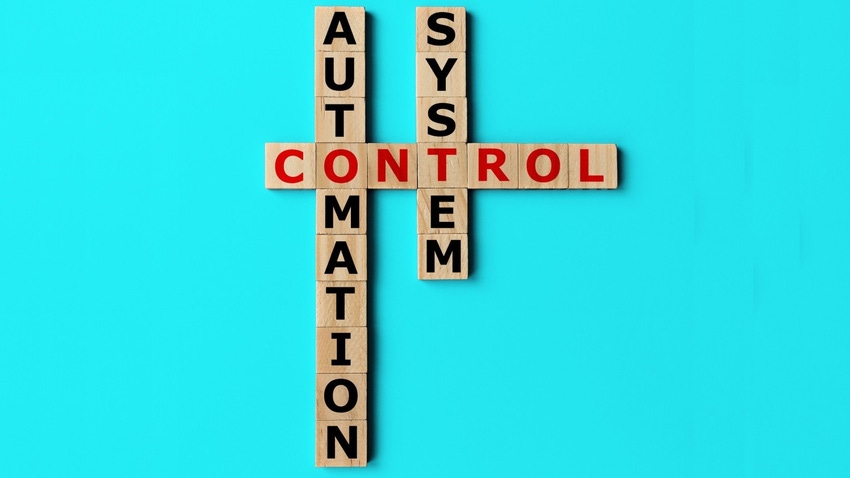2023 in review: Job changes and layoffs
The telecom sector workforce has continued to shrink this year and AI developments threaten more of the same in 2024.

It has been a miserable year for telecom sector employees on both the vendor and operator sides. Ericsson revealed plans to cut 8,500 jobs around the time of Mobile World Congress Barcelona. Months later, Nokia said it would be forced to slash between 9,000 and 14,000 amid a lack of telco enthusiasm for buying vendor products. AT&T's workforce has contracted by more than 10,000 jobs since the start of the year. Verizon's has shrunk by 6,600.
When will it end? Probably not in the foreseeable future, as corporate bosses coo excitedly about generative artificial intelligence (AI) and consider how they can use it to save money. Ericsson had managed a net reduction of just 4,200 jobs by the end of September. Nokia will have barely begun its own program of layoffs. Since 2018, AT&T and Verizon together have shed 172,200 jobs. Europe's big operators are similarly hacking into the workforce. Vodafone aims to cut 11,000 jobs. In May, Philip Jansen, the exiting boss of BT, reckoned the UK operator could feasibly lose 55,000 of the 130,000 people it then employed (including contractors) by 2030.
No doubt, cuts are partly a response to financial malaise. Telcos, broadly speaking, have picked up all the customers they can and failed to expand beyond the sale of data connectivity. In Europe, efforts to buy or merge with rivals have been shot down by regulators. Internet companies have become fiercer rivals, putting further downward pressure on prices. Only by reducing costs have many telcos been able to safeguard their profits at historical levels and pay off their long standing debts.
In this context, it is hardly a surprise that AI should stoke employee concerns. Operators such as AT&T, Telenor and Vodafone have already attributed some cuts to automation. Chatbots minimize the need for customer service assistants. With intent-based systems, a person can specify the objective and leave bots to carry out the tasks previously handled by other people. Software increasingly writes itself. Networks and network operations centers are becoming "zero touch," as industry folk say. A source who was formerly a senior technical executive in a telco reckons there is no part of the network that cannot be automated.
The real question is whether people will be needed at all. But entrusting customer relationships and critical systems to AI would be incredibly risky. As sophisticated as it might be, generative AI is evidently prone to making mistakes, the phenomenon of so-called "hallucinations." Strictly speaking, the AI label is a misnomer. ChatGPT and its brethren clearly do not think or understand as humans do. At best, they do Internet-based pattern recognition to a very high level.
With all this in mind, if society turns mundane and repetitive but extremely important tasks over to machines, people may eventually lose the skills needed to perform them. The implication is that society becomes even more dependent on technology than it already is, which is all very well until AI begins living up to its name.
On that cheery note, here's a roundup of Light Reading stories from the past year on the topic of jobs and layoffs:
11/8/2023 – Dish confirms more layoffs
10/30/2023 – Verizon has axed another 6,600 jobs so far this year
10/20/2023 – AT&T seems on a mission to be a zero-employee telco
10/12/2023 – Qualcomm to cut more than 1,000 jobs – report
7/11/2023 – Dish cuts jobs as financing troubles loom
5/18/2023 – BT boss prophesies jobs carnage in AIpocalypse
1/25/2023 – AT&T and Verizon cut 9,400 jobs last quarter
About the Author(s)
You May Also Like












